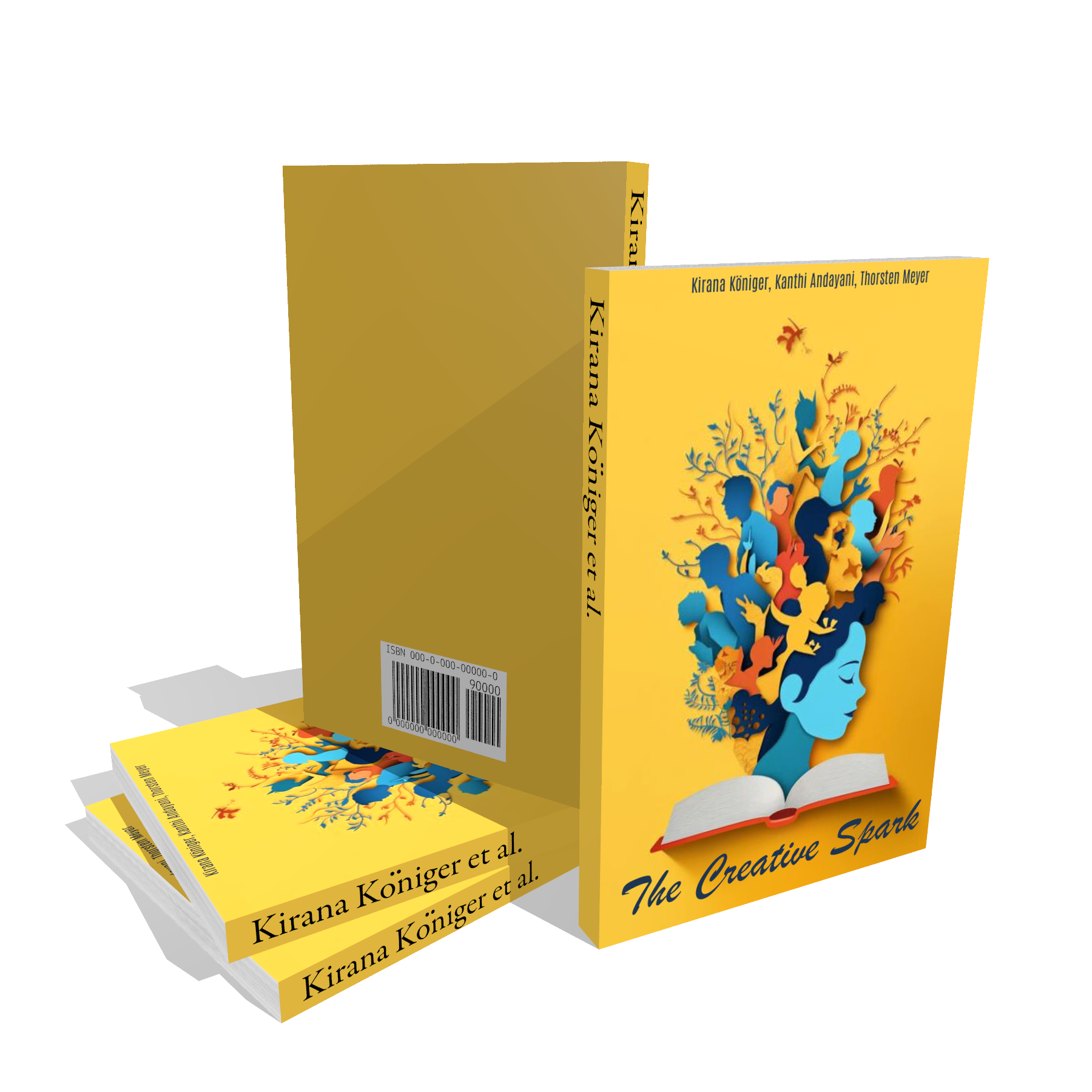You can transform from heartbreak to unstoppable by focusing on self-care for healing. Prioritize rest, healthy eating, and exercise to nurture yourself. Engage in journaling, meditation, or therapy for emotional processing. Develop hobbies like painting or playing instruments for inner growth. Improve your well-being through grooming routines and skincare. Build meaningful social connections with positive influences. Embrace change, set clear goals, and take daily actions for empowerment. Create a clean, clutter-free environment for mental clarity and goal achievement. This journey from heartbroken to unstoppable is about resilience, personal growth, and finding confidence in your inner strength.
Key Takeaways
- Prioritize self-care practices for emotional healing and well-being.
- Engage in hobbies for personal growth and stress reduction.
- Focus on self-improvement through grooming and mental health practices.
- Build meaningful social connections for overall well-being.
- Embrace change, empowerment, and inner strength for personal growth.
Self-Care Practices for Healing
To begin the healing process after a heartbreak, prioritize engaging in self-care practices that promote emotional well-being. Taking care of yourself is vital during this time of healing. Make sure to get enough rest, eat well, and engage in regular exercise. These simple acts of self-care can have a significant impact on how you feel.
Journaling your thoughts, practicing meditation, or seeking therapy can help you process your emotions and move forward. Surround yourself with supportive friends and family who can offer a listening ear and a shoulder to lean on when you need it most.
As you focus on self-care, also consider the opportunity for personal growth. Reflect on the past relationship, learn from the experience, and use it as a stepping stone for self-improvement. This is a chance to discover more about yourself, your needs, and your boundaries. Embrace this period of healing as a time for self-discovery and positive change.
Pursuing Hobbies for Inner Growth

Engaging in hobbies like painting, playing an instrument, or gardening fosters personal growth and inner healing by providing a creative outlet. When you invest time in these activities, you aren't just passing the time but actively contributing to your mental well-being.
Here are some reasons why pursuing hobbies can be a transformative experience:
- Self-Discovery: Through hobbies, you have the chance to explore new skills and interests, leading to a deeper understanding of yourself.
- Reduced Stress: Immersing yourself in a hobby can act as a stress-reliever, allowing you to unwind and relax.
- Enhanced Mental Well-Being: Investing time in activities you enjoy can greatly improve your mood, self-esteem, and overall quality of life.
Focus on Self-Improvement Techniques
Enhance your overall appearance and boost your confidence through focused self-improvement techniques. Start by establishing a consistent grooming routine that caters to your skin's needs. Quality skincare products can work wonders for a polished look and healthy skin.
Update your wardrobe with key pieces that reflect your style and incorporate regular exercise to enhance your physical appearance. Elevate your fashion sense by dressing appropriately for different occasions, investing in well-fitting clothes, and experimenting with various styles until you find what suits you best.
Furthermore, improving your mental health is essential for a complete glow-up transformation. Focus on good posture, hone your social skills, and prioritize your mental well-being. Setting boundaries for self-care, celebrating small victories, and reflecting on personal growth achievements are essential steps in boosting your confidence and overall happiness.
Building Meaningful Social Connections

Developing strong social bonds is essential for fostering emotional well-being and personal growth. When you prioritize building meaningful social connections, it can have a significant impact on your overall happiness and fulfillment.
Here are some key ways in which focusing on this important aspect can make you feel more connected and supported:
- Spend Quality Time: By investing time in nurturing relationships with friends and loved ones, you can create lasting bonds that provide you with a sense of belonging and support.
- Seek Positive Influences: Surrounding yourself with individuals who uplift and inspire you can help strengthen your social connections and contribute to your personal development.
- Share Experiences: Building strong friendships and sharing meaningful experiences with others not only enriches your life but also enhances your social well-being.
Appreciating the value of these connections and actively working to cultivate them can lead to a more fulfilling and enriched life.
Embracing Change and Empowerment
Ready to kickstart your journey of self-improvement and empowerment? Embracing change is your first step towards accessing your true potential, cultivating inner strength, and immersing yourself in a mindset shift that empowers you to conquer any challenge that comes your way.
Let's delve into this transformative process together and watch as you grow into the unstoppable force you're destined to become.
Embracing Self-Improvement Journey
As you start on your self-improvement journey, embracing change and empowerment will be key to your transformation and growth. It's all about taking those initial steps towards personal development, setting goals, and committing to becoming the best version of yourself. Remember, this journey is about you and your progress, so embrace it wholeheartedly.
- Set Clear Goals: Define what you want to achieve and create a roadmap to guide you along the way.
- Take Action: Implement small changes daily that align with your goals to see gradual progress and keep yourself motivated.
- Stay Positive: Cultivate a mindset of resilience and optimism. Believe in your ability to overcome challenges and embrace new opportunities for growth.
Cultivating Inner Strength
To cultivate inner strength through embracing change and empowerment, one must first acknowledge the importance of self-reflection and setting new goals. Self-reflection allows you to understand your emotions, past experiences, and aspirations. It's like looking into a mirror of your soul, seeing where you've been hurt, and where you can heal. Setting new goals gives you direction, something to work towards, and a sense of purpose. Imagine a roadmap guiding you towards a brighter future.
| Self-Reflection | Seeking Support | Setting New Goals |
|---|---|---|
| Look inward to understand your feelings and experiences. | Reach out to friends, family, or professionals for guidance. | Define clear objectives that align with your values and aspirations. |
Empowering Mindset Shifts
Embracing empowering mindset shifts is essential for maneuvering change and fostering personal growth. When faced with heartbreak, it's important to guide yourself towards a more positive outlook.
Here's a guide to help you on this empowering journey:
- Embrace a Growth Mindset: By believing in your ability to learn and improve, you can navigate challenges with resilience and self-improvement.
- Practice Positive Affirmations: Boost your confidence by affirming your worth and capabilities, paving the way for unstoppable self-belief.
- Set New Goals: Focus on personal development and set achievable goals to propel yourself forward on a transformative glow-up journey.
Grooming Habits for Confidence

Enhance your confidence by adopting grooming habits that reflect a polished and well-maintained appearance. Start by investing in quality skincare products tailored to your skin type. A radiant complexion can do wonders for your self-esteem.
Regularly groom your hair and facial hair to maintain that polished look – it's amazing how a simple trim can elevate your confidence levels. Don't forget about your nails; keeping them clean and trimmed enhances your overall grooming habits.
Consider incorporating face masks into your skincare routine for deep cleansing and rejuvenation. Not only does it make your skin glow, but it also shows that you care about yourself.
Mental Clarity for Personal Growth

Hey there, ready to commence on a journey of self-discovery and growth?
By shifting your mindset and cultivating inner strength, you can overcome challenges and embrace new opportunities.
Take the time to reflect, set goals, and prioritize your mental well-being – you've got this!
Mindset Shifts
Developing a mindset focused on mental clarity is essential for personal growth during your male glow-up journey.
To shift your mindset effectively, consider the following:
- Practice self-compassion: Be kind to yourself as you navigate through challenges and setbacks. Embrace self-forgiveness and understanding to nurture a positive relationship with yourself.
- Cultivate a growth mindset: Embrace the belief that your abilities can be developed through dedication and hard work. View obstacles as opportunities for growth and learning, fostering resilience along the way.
- Engage in healing activities: Incorporate practices like meditation and journaling into your routine to promote emotional balance. Reflect on past experiences to gain insights into your personal growth journey and move forward with clarity and purpose.
Inner Strength
To build inner strength and foster personal growth, focus on developing mental clarity through engaging in healing activities like meditation and journaling.
Taking time for self-care is essential for nurturing your emotional well-being and gaining a deeper understanding of yourself. By practicing mindfulness through meditation, you can quiet your mind, process your emotions, and cultivate a sense of inner peace.
Journaling allows you to explore your thoughts and feelings, helping you identify patterns, set goals, and track your personal growth journey.
Additionally, seeking therapy can provide valuable support and guidance as you navigate challenges and work towards becoming the best version of yourself.
Creating a Clean Environment for Well-Being

Keeping your living spaces clean and clutter-free is essential for promoting well-being and reducing stress. Decluttering your surroundings can lead to mental clarity and emotional balance.
Here are three important reasons why maintaining a clean environment is beneficial for your overall well-being:
- Reduced Stress: A tidy space can help alleviate feelings of chaos and overwhelm, allowing you to relax and unwind more easily.
- Improved Focus: When your environment is organized, it becomes easier to concentrate on tasks at hand without distractions pulling your attention away.
- Enhanced Productivity: A clean space fosters a sense of order and efficiency, making it simpler to tackle daily responsibilities and goals effectively.
Frequently Asked Questions
What Does It Mean if a Guy Glows up After a Breakup?
When a guy glows up after a breakup, it signifies a powerful transformation. It shows that he's focused on self-improvement, personal growth, and embracing a positive mindset.
This glow-up involves changes in grooming, fashion, fitness, and mental well-being. By embracing this transformation, he gains increased self-esteem, resilience, and a renewed sense of empowerment.
It's a form of self-care, healing, and a fresh start in life. You can emerge stronger and more confident after heartbreak.
How to Glow up as a Man After a Breakup?
To glow up as a man after a breakup, focus on self-care like grooming, skincare, and fitness.
Update your wardrobe for a confident boost.
Prioritize mental health through healing activities and self-reflection.
Invest in a new haircut or grooming routine to kickstart a new chapter.
Surround yourself with positivity, build meaningful relationships, and undertake a journey of self-discovery.
Embrace these changes as you rise from heartbreak to unstoppable confidence.
Do Men Change After Heartbreak?
After heartbreak, men often undergo significant changes. The experience can spark a journey of personal growth, leading to improvements in appearance, mindset, and lifestyle.
Grooming routines get a boost, fashion sense upgrades, fitness becomes a priority, and confidence levels rise. Emotional healing and self-reflection are common, propelling men towards self-discovery.
This transformation can result in heightened self-esteem, inner strength, and a newfound sense of empowerment and resilience.
Do People Glow up After Heartbreak?
You know, life has this funny way of turning heartbreak into something beautiful. After those tears dry up, you start to see something amazing: your glow-up journey.
It's like a phoenix rising from the ashes, except you're the phoenix. You'll prioritize self-care, immerse yourself in new experiences, set goals, and rediscover who you are.
The pain will mold you into someone stronger, unstoppable, and ready to conquer the world.
Conclusion
You may have started this journey heartbroken, but now you're on the path to becoming unstoppable. Remember, self-care, hobbies, self-improvement, social connections, empowerment, grooming, mental clarity, and a clean environment are all tools in your arsenal for growth.
Keep moving forward, embracing change, and never underestimate the power of your own transformation. You have the strength and resilience within you to glow up and shine brighter than ever before.
Keep going, you've got this!
Amina brings over a decade of journalism experience to her role as Editor-in-Chief. Under her leadership, Exquisite Post has flourished, maintaining the highest standards of integrity and excellence. Amina’s commitment to truth and her visionary approach guide the editorial team in producing impactful news stories that resonate with our audience.










